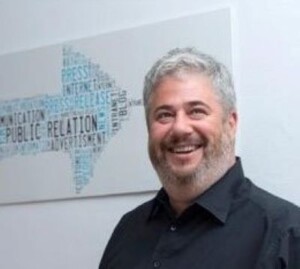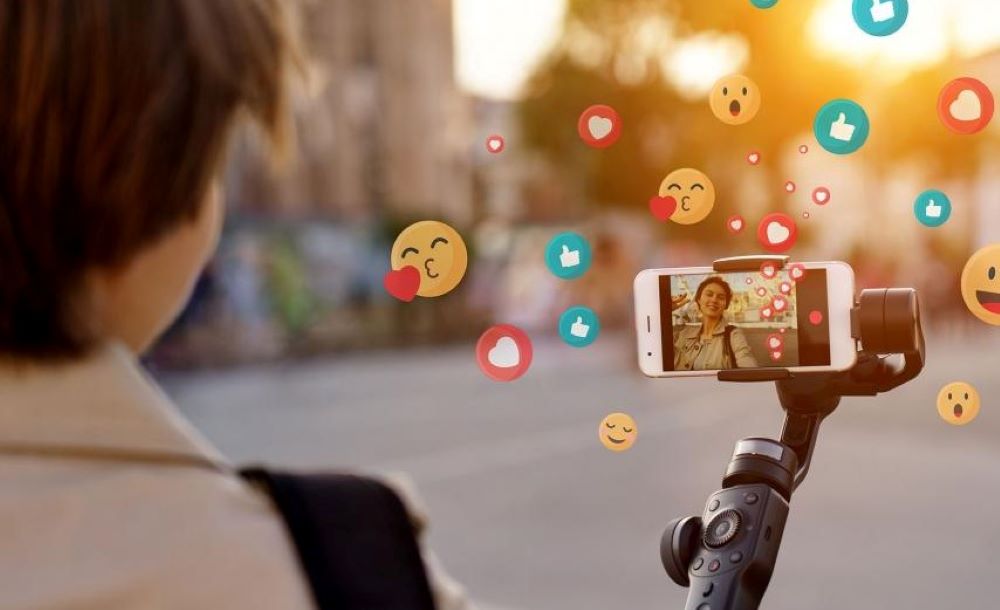Are you sure that what you are saying is your honest opinion, or do you want the audience to like it? I do not always like my own answer, but I keep trying.

Predrag Arsovski
The term “influencer” may have been given a negative connotation lately, when we see that even starlets are called “influencers”, but perhaps in terms of political communications it can be defined as a critical public. I’m not sure if most of the people we regularly see in statements, in the media, and in various debates and public appearances, consider themselves influencers. I certainly do not think that I am a special influence on public opinion, although it sometimes happens that I have a dozen public appearances a day.
I often wonder if, in this sense, the idea of Habermas’ public sphere has any analogy. The definition of public opinion is necessarily related to equal access to media and information, but we (influencers) are still more privileged on two grounds: we have better access to information, and we have better access to the media. The crucial question here is whether this, sometimes closed circle of public commentators, is a kind of bubble in itself? Is there a real pluralism and objectivity? There is no verdict on this yet.
Most of those who influence public opinion, as a rule, come from two major camps: one is the mainstream media, dominated by professors, public figures, former officials or journalists and columnists – all kinds of social opinion-makers. The second category, whose role in the public sphere is constantly increasing, consists of organically popular personalities, mostly with private opinion, coming from social media. Both the former and the latter influence the public, and sometimes even monetize that influence well, but the way in which they conduct public discourse is still different. Social media is, after all, a private area, and is not subject to such scrutiny and criticism as the mainstream media. Therefore, the way of placing views, discussions, and even the responsibility for the spoken word, are different. Hence, when we talk about the critical public, we think more of these traditional influencers.
Do we have a key influence? I do not know. Science varies regarding the influence of the media in general, from the fact that the public is directly formed through this channel, to the fact that the media have no influence on public opinion. The truth, for me, is somewhere in the middle. Of course, I agree with the claim that the media are setting the agenda of the day, i.e. they choose which topics will be subject to public review in a period. Hence, the influence of influencers’ public appearances may be more related to this phenomenon: how they follow and comment on the topics that the media have chosen to be important. Here, I think the impact is stronger on the so-called indeterminate, critical public, where these personalities are far more influential than among the already defined audience. Thus, the old rule is confirmed: those who have already formed an opinion on a topic are more likely to change their opinion about their opponent, than to change their mind. So, for us, the question comes down to whether and to what extent we will introduce populism in our performances, because still, our access to the media is a kind of social capital, which the influencers carefully guard.
Therefore, when I have several performances a day, (it happens that I have performances on tape and every 15 minutes, lined up statements, debates, etc.), the essential question that I always try to keep active in my head, is: are you sure that what you are saying is your honest opinion, or you want the audience to like it. I do not always like my own answer, but I keep trying.
Predrag Arsovski, communicologist and political analyst



Leave A Comment